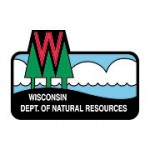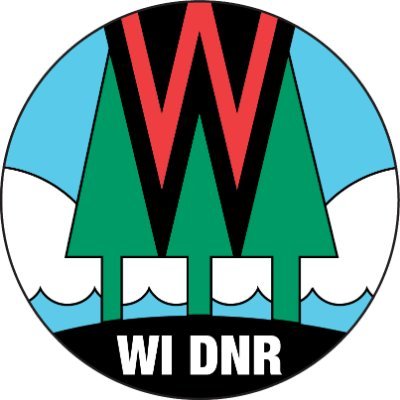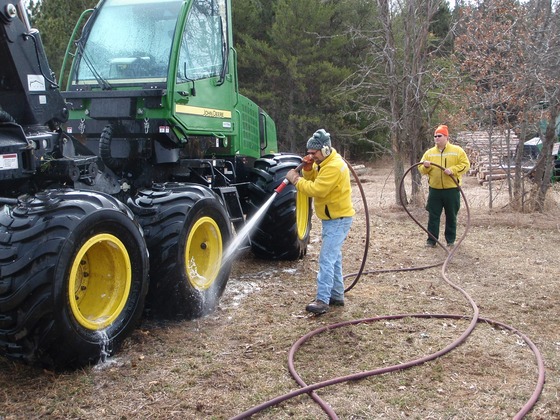DNR Seeking Public Input On Great Lakes Beach Listings
New Beach Health Website Will Inform Wisconsin Beachgoers
MADISON, Wis. – To keep people safe on Great Lakes beaches this summer, the Wisconsin Department of Natural Resources (DNR) is asking the public to help update its beach health database.
As summer weather beckons, many Wisconsinites and visitors head to public beaches on the Great Lakes. However, these coastal areas can contain disease-causing bacteria that threaten public health, disrupt water recreation and diminish Great Lakes economies that depend on summer tourism.
Public comments and local knowledge of Wisconsin’s Lake Michigan and Lake Superior shorelines provide the best information about our 55 miles of coastal beaches.
“Public comments ensure the Wisconsin beach list reflects locally-used names, along with the status of beaches and boat launches due to changing natural conditions and public access,” said Madeline Magee, DNR Beach Program Manager. “We’d like people to let us know if any beaches are missing or not properly identified on the list, and if there are some boat launches that are no longer active and should be taken off.”
To maintain Wisconsin’s eligibility for funding under the federal Beaches Environmental Assessment and Coastal Health (BEACH) Act, state programs must provide an opportunity for public comment when changes to the list or monitoring program occur.
With these funds, all Wisconsin beaches along the Lake Michigan and Lake Superior shorelines are identified and prioritized for water quality monitoring. A beach is defined as any place that the public has recreational access to the water, regardless of whether the location is used for swimming. Boat launches, some natural areas and private beaches available to the public are included.
The federal funding allows communities with Great Lakes beaches to monitor for elevated levels of Escherichia coli (commonly referred to as E. coli), which is a bacterium that can cause illness if ingested. This monitoring data helps local health officials determine when to close a beach due to unsafe conditions and to notify the public so that beach visitors can make informed choices about swimming at the beach.
Changes To Wisconsin Beach Health Website And Database
Wisconsin cities and counties that receive federal funding for beach monitoring and notification under the BEACH Act are required to report their advisories and closures with the Wisconsin Beach Health database, through which people can find all current beach advisories and water quality data for over 100 Great Lakes beaches in Wisconsin. This database has three main components: a beach closings and advisories map, a beach advisory and e. coli data reporting tool and a data entry portal for our monitoring partners.
In late 2020, the DNR began developing a new database, data portal, website and mapping tool for the public to access all past and future beach monitoring data. This new Wisconsin Beach Health database was released for the start of the 2021 beach season. If you previously used wibeaches.us, please update your bookmarks to dnr.wi.gov/topic/beaches. In addition, if you previously received automated advisory emails, those have been discontinued.
We are continuing to improve and upgrade the beach health database and website features and welcome feedback on them throughout the year. If you have any questions or comments on the beach health website and database, please email DNRBeachHealth@wisconsin.gov or call Madeline Magee at 608-266-5228.
The proposed additions and changes to the beach list for 2021 are available online on the DNR’s website. Please email public comments on the beach listings to DNRBeachHealth@wisconsin.gov by December 31, 2021.
NOTE: This press release was submitted to Urban Milwaukee and was not written by an Urban Milwaukee writer. While it is believed to be reliable, Urban Milwaukee does not guarantee its accuracy or completeness.























